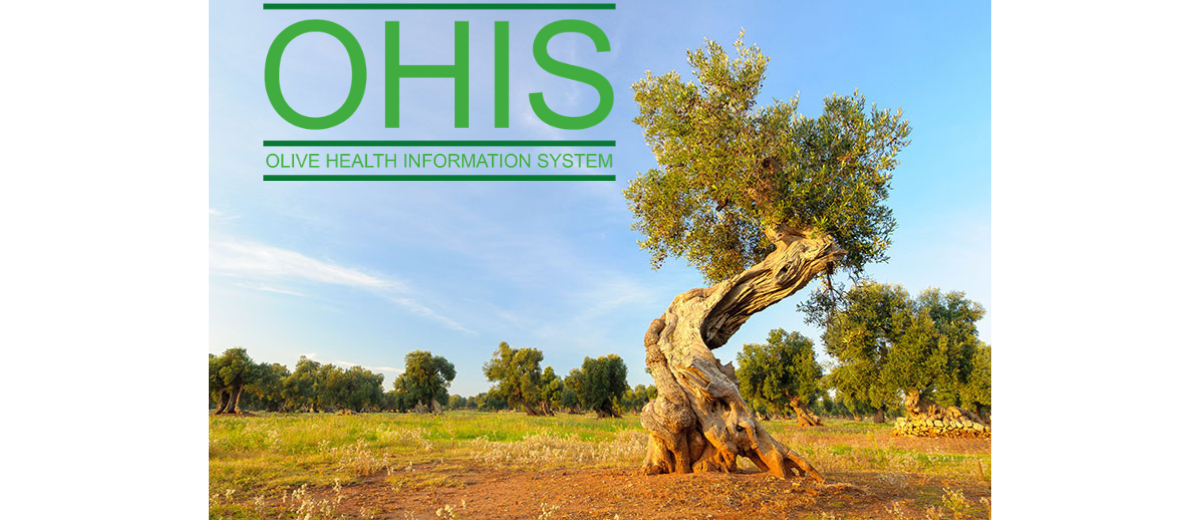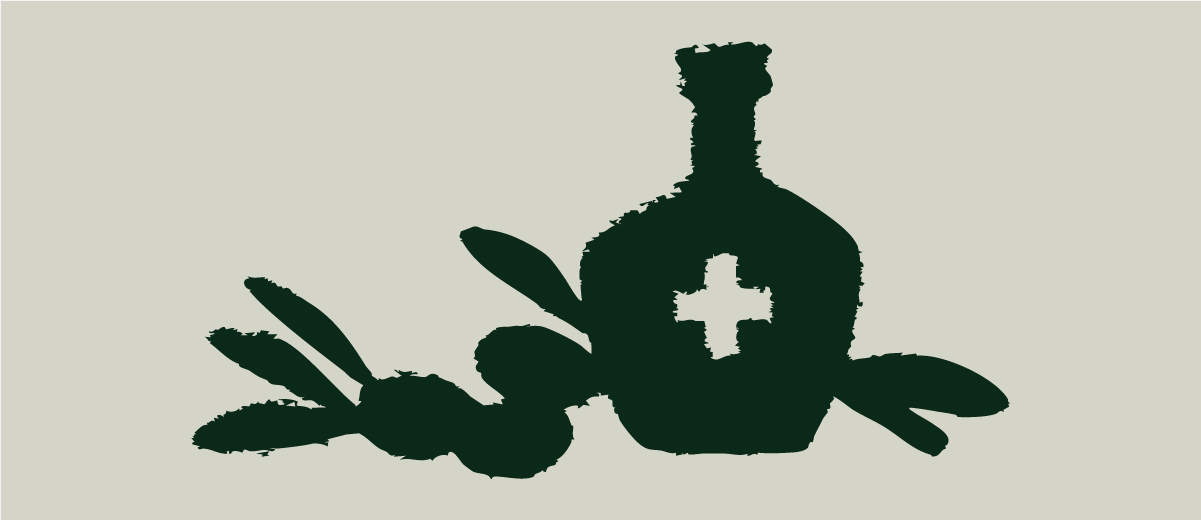The Olive Health Information System website
The newsletter of the University of Navarra and the IOC dedicated to health
Previous studies have demonstrated the beneficial effects of the Mediterranean Diet (MedDiet) on the incidence, progression, or severity of COVID-19. In this context, the randomized PREDIMED-Plus trial investigated the effect of an intensive weight-loss intervention with energy-restricted MedDiet in combination with physical activity on the risk of COVID-19 infection compared with ad libitum MedDiet in adults with cardiovascular risk. However, they found no significant difference in the incidence of COVID-19 between the two groups. The study suggests that the effect on COVID risk reduction previously observed in this trial may be due to adherence to the MedDiet, which both groups followed, rather than weight loss. Therefore, as previous evidence, it reinforces the idea that the Mediterranean Diet may protect not only against chronic diseases, but also against infectious diseases. Finally, the trial opens the door to future studies that could explore the relationship between weight loss and other parameters more sensitive to its effects, such as the severity of COVID infection or the number of hospital admissions.
Selenium is a trace mineral that the body needs in small amounts to function properly. However, high doses of selenium or its many compounds can be harmful or even toxic. In the last few years, selenium has been studied for its neurotoxic properties and its association with neurodegenerative diseases. A recent cross-sectional study was conducted to assess the relationship between adherence to the MIND diet and serum and urinary selenium concentrations. The MIND diet, which focuses on cognitive impairment prevention, is primarily based on the Mediterranean and DASH diets, with olive oil as the main source of fat. After analysis, they observed that high adherence to the MIND diet was associated with increased excretion and low serum selenium levels. These findings may contribute to the biological explanation of the neuroprotective mechanism of the diet.
Click HERE to see the latest posts…










